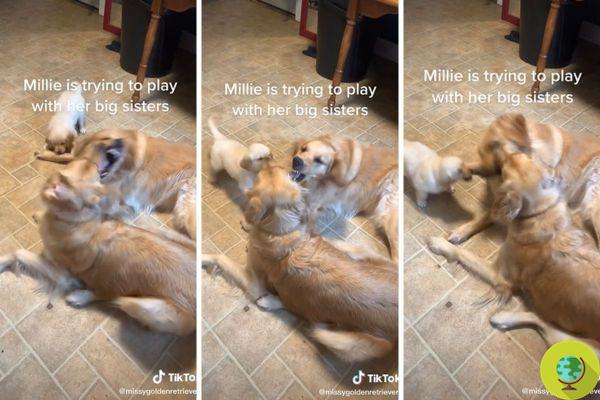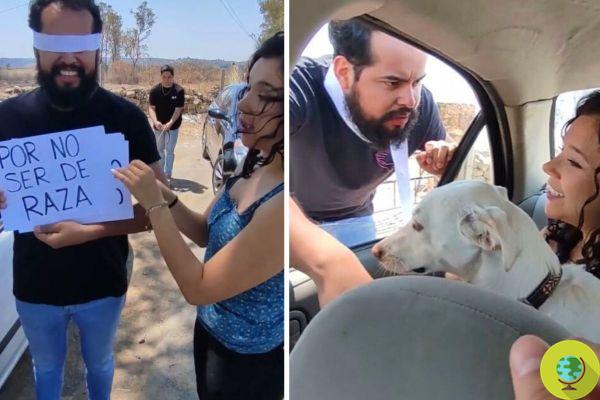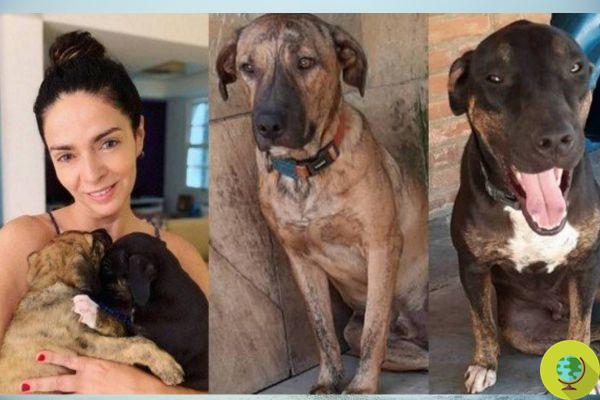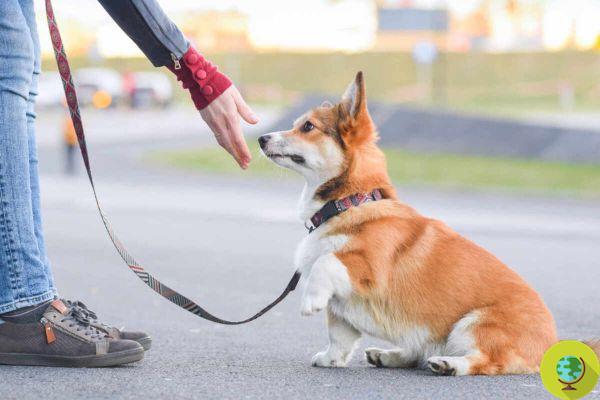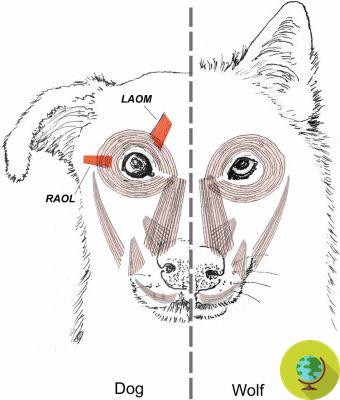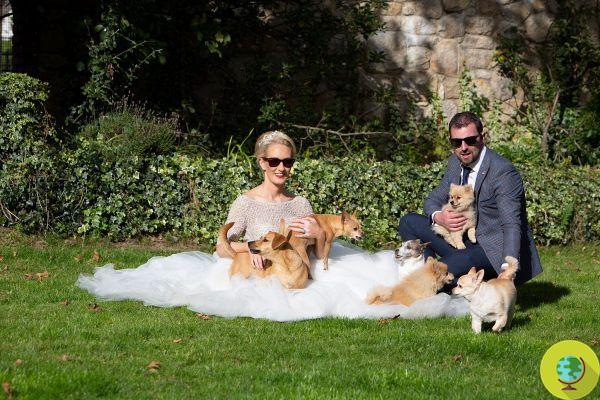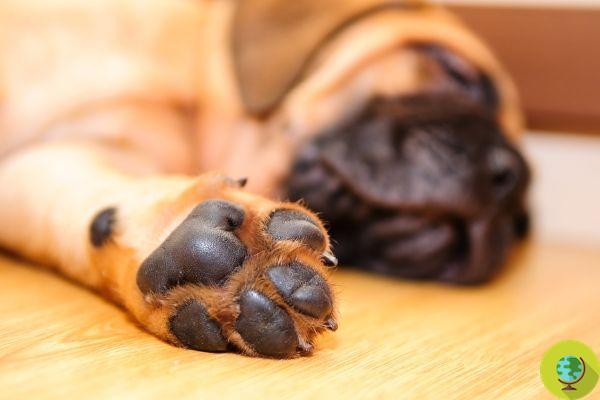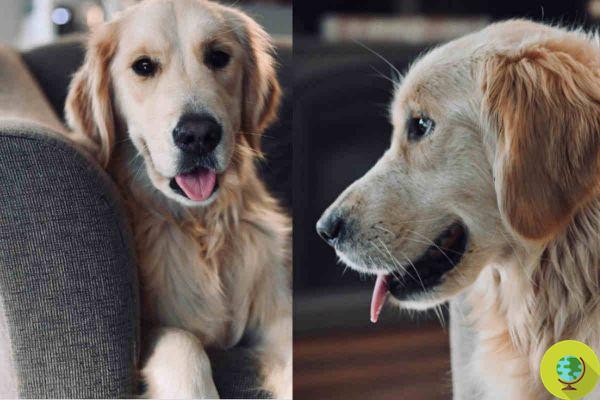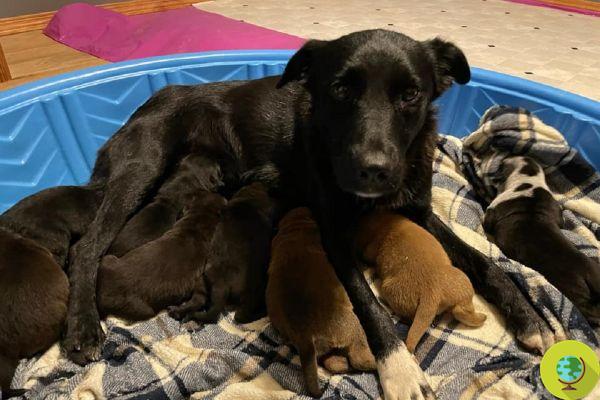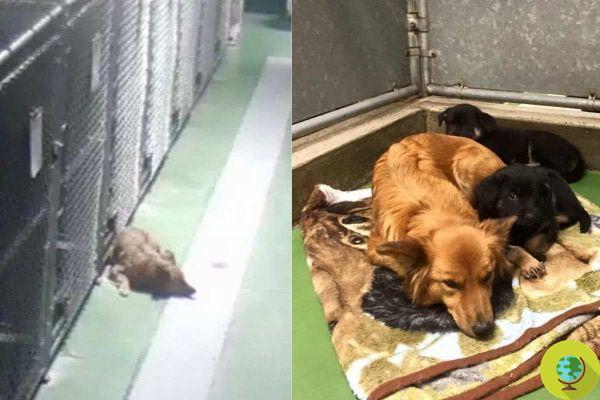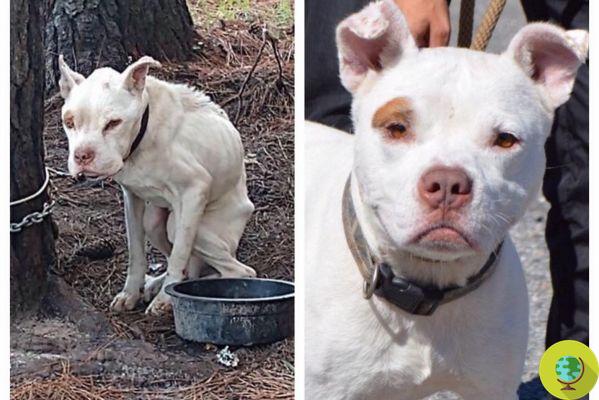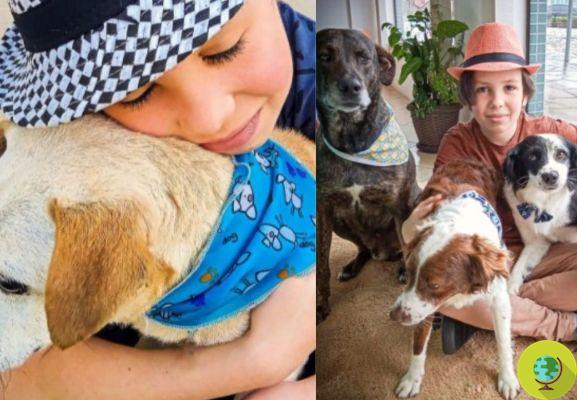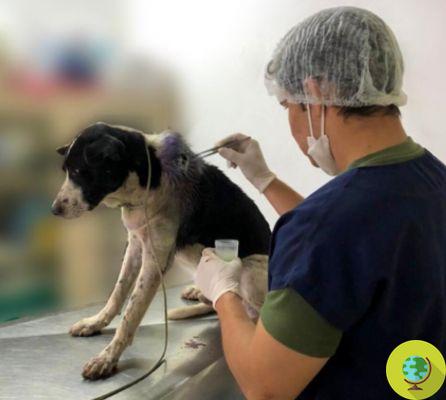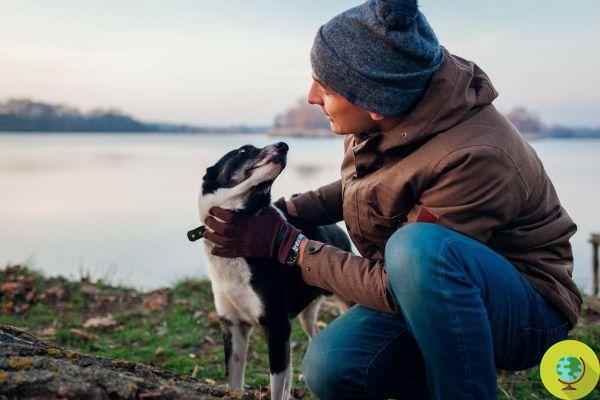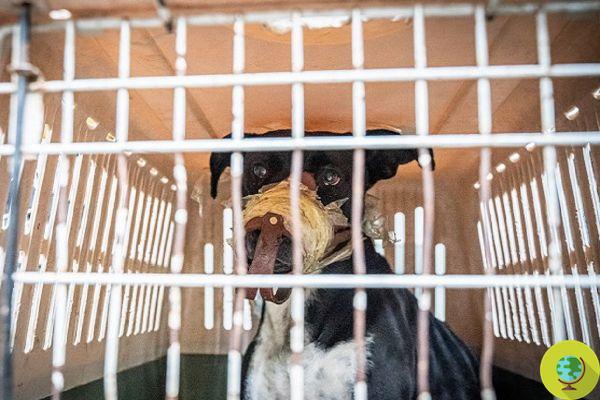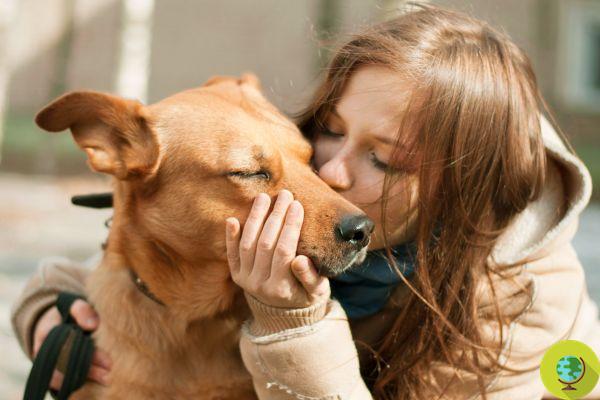
Dogs love just like humans do. New scientific studies show the secret is in oxytocin and genes
Dogs also know how to love. The idea that animals can experience and feel love is certainly not new, but in recent years they have existed Scientific studies which go in this direction demonstrating that oxytocin also plays a fundamental role.
Dogs are wonderful animals and never miss an opportunity to show us their affection, but behind their gestures there is not only an unconditional love towards us, but hormones are also in the field. In particular, oxytocin, the so-called love hormone.
Every time we look Fido in the eye, his oxytocin levels go up, just like ours. This also happens when we hug him, caress him and cuddle him in general. And this inevitably contributes to our attachment to them and vice versa. Not only that, researchers are now convinced that when humans and their dogs look into each other's eyes, they mirror an effect observed between mothers and babies and that the word 'love' has a particular meaning.
He is convinced of it Clive Wynne, an Arizona State University psychology professor who specializes in canine behavior, that's in the new essay ‘Dog Is Love: Why and How Your Dog Loves You’ (The dog is love: why and how the dog loves you), supports a new thesis.
The psychologist began studying dogs in the early 2000s and, like other researchers, believed that attributing complex emotions to them was committing the sin of anthropomorphism, until he began researching the cognitive system of dogs and highlights new elements that they attest to their empathic faculties and their ability to feel.
The dog communicates with the man
Many researches conducted in recent years, thanks to the support of new technologies, have investigated the extraordinary ability of dogs to communicate with humans. It emerged that the dog, in over 30 thousand years of domestication, has learned to communicate with humans.
Even going so far as to use some expressions and behaviors only with humans, such as the so-called “sweet eyes” technique. But the gestures that researchers have identified as exclusive to man are no less than 19 gestures.
Wynne, however, has a somewhat different theory and explains that Fido isn't as bright as other animals.
Pigeons can identify different types of objects in 2D images; dolphins have shown that they understand grammar; bees indicate the location of food sources through dance; all feats that have never been attributed to a dog.
And starting from this, the psychologist proposes a paradigm shift, arguing that dogs are distinguished from other animals by hypersociality and this would be due to the Williams syndrome gene. Several studies have gone in this direction: the sociable behavior of people with Williams syndrome, a rare genetic disease, could come very close to that of canines, so the markedly friendly behavior of humans and dogs could be the result of common gene variations.
“What is essential for dogs, as for people with Williams syndrome, is the desire to make close connections, to have intense personal relationships, to love and be loved,” writes Wynne.
MRI shows that dogs' brains respond to praise as much or even more than food. But although dogs have an innate predisposition to affection, to have this effect it is necessary to develop them from an early age. What makes these findings important, as well as advancing science, are their implications for dog welfare. This means rejecting brutal, pain-based training methods that continue to persist today.
“All your dog wants is for you to show them the way forward with love,” says Wynne.
This means taking time to meet their social needs instead of leaving them alone for most of the day.
“Our dogs give us so much and don't ask for much in return. They just need our company, they have to be with people ”.
Fonti: Psy.org, Science Advance
Read also:
- Dogs and cats help overcome the loss of a partner
- Love for dogs? It's written in our genes
- This guy has adopted unwanted older dogs to give them a better life






